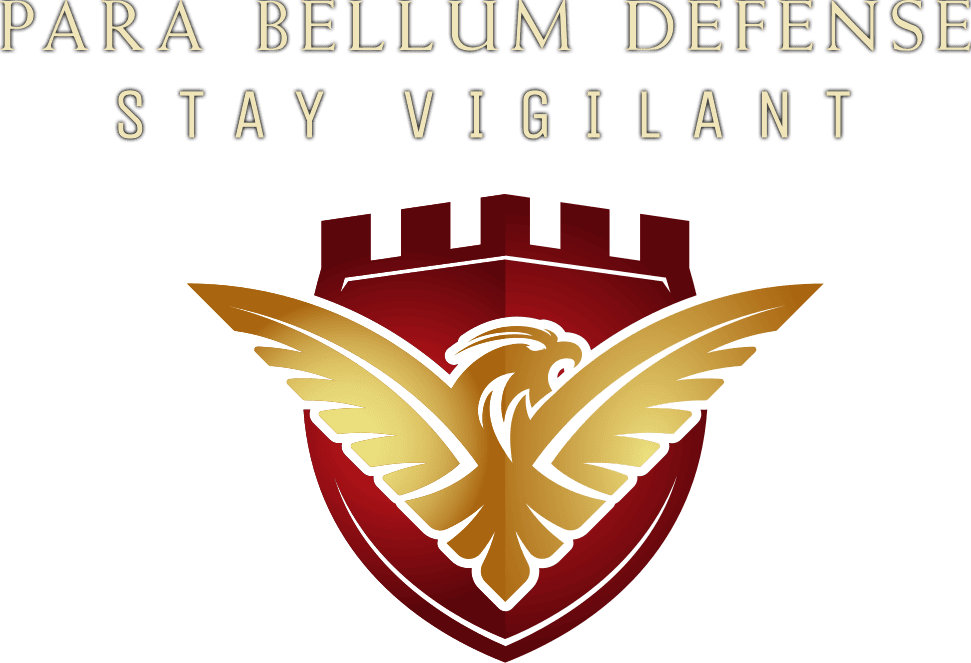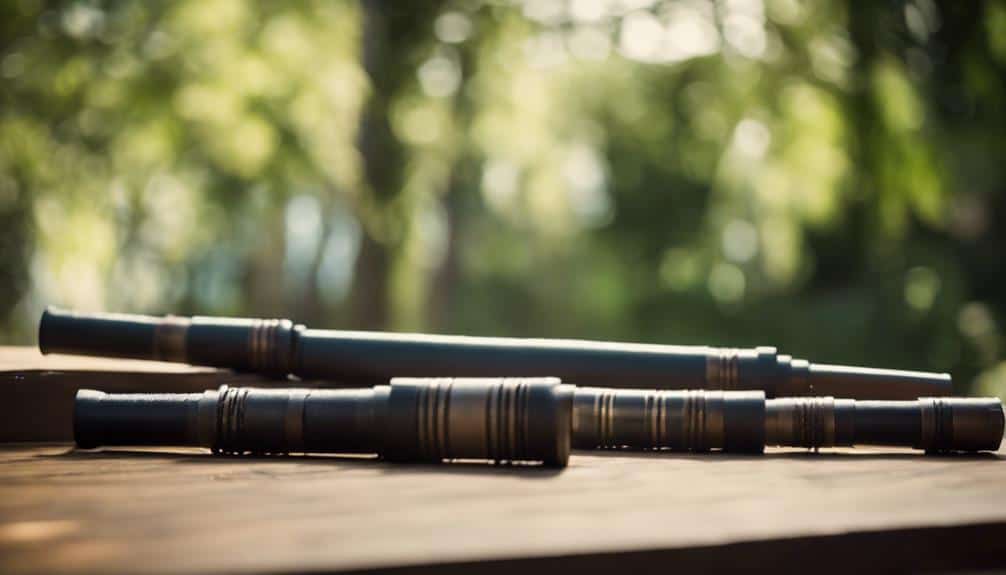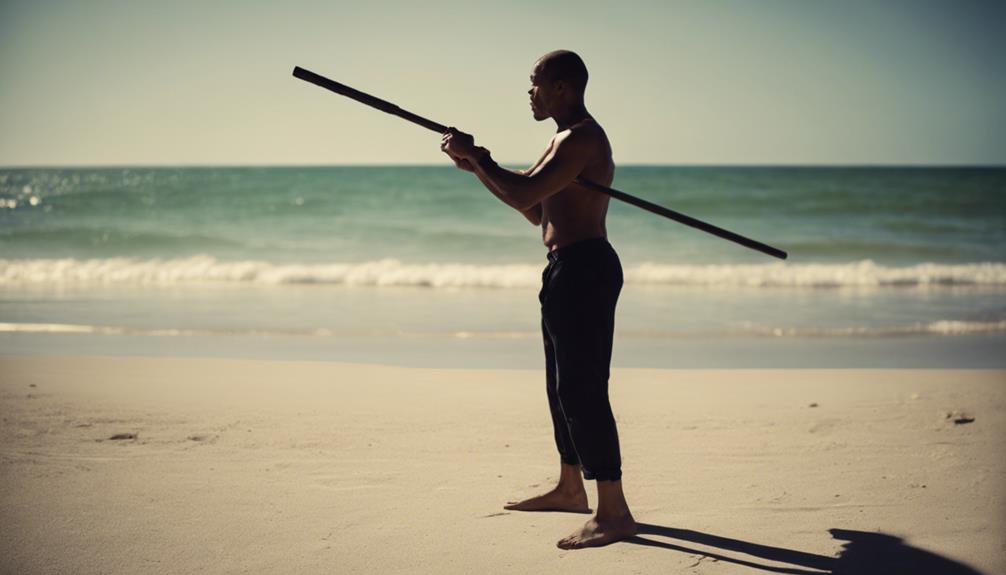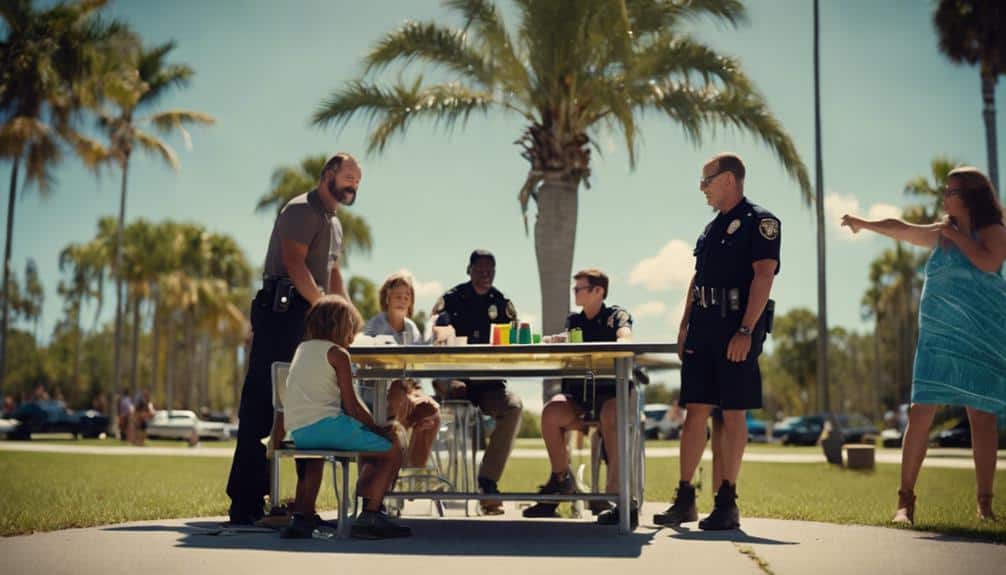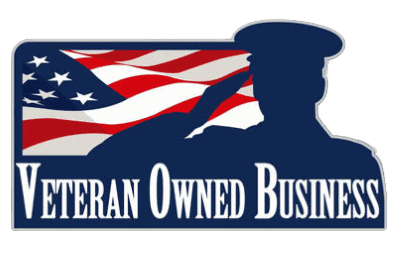Maneuvering the legal landscape of carrying an
expandable baton in Florida feels like walking a tightrope, doesn’t it? Good news, though—expandable batons are
legal for civilians, and you can
openly carry one without a permit. Concealed carry, on the other hand, needs a valid
Concealed Weapons License, so don’t forget that vital detail. Picture yourself stepping out confidently, baton at your side, knowing you’re within your rights. But be cautious of where you’re going places like schools and government buildings are
off-limits. Stay smart about your reasons for carrying it, because intent matters. Curious about how to stay completely safe and legal? There’s more to discover!
Types of Batons
When it comes to
self-defense tools, understanding the different types of batons can help you make an informed choice. Batons come in various forms, each serving a unique purpose. You’ve got
fixed batons, which are solid and non-collapsible, giving you a straightforward, reliable option. Then there are
expandable batons, which are like the Swiss Army knives of batons. These nifty tools feature a
telescoping design, making them super portable and easy to carry. A popular choice is the 12 Inch Telescopic Steel Baton that provides enhanced reach for self-defense.
Expandable batons typically extend to about 16 to 26 inches in length, and they’re usually made from tough materials like steel or composite. These are a favorite among everyday folks looking for an effective self-defense tool.
Police batons, on the other hand, are generally longer and standard issue for law enforcement officers.
You’ll also find straight batons, side-handled batons, and collapsible batons, each with its own perks and quirks. It’s crucial to evaluate the
legal status of these batons, especially in Florida, where specific conditions apply for civilian ownership and use. Knowing the ins and outs of baton ownership and carrying a baton can greatly enhance your
personal safety.
Legal Status in Florida
Understanding the
legal status of
expandable batons in
Florida is essential if you’re considering one for
self-defense. In Florida, these batons are classified as
non-lethal weapons, so you can own and use them without any specific state law standing in your way. Pretty cool, right? Many people opt for models like the
12 Inch Telescopic Steel Baton due to their effective design and compact size. But don’t get too excited just yet—there are a few things you need to know.
Open carry of expandable batons is generally allowed, but if you’re thinking about concealed carry, you’ll need a valid Concealed Weapons License (CWL). No sneaky business here—law enforcement takes this stuff seriously. Although there’s no explicit length restriction, carrying a ridiculously long baton might land you in some hot water, so keep it reasonable.
When it comes to
personal safety and self-defense, using a baton is fine, as long as you’re not being aggressive or unlawful. Otherwise, you could face
criminal charges. Also, don’t forget about
local ordinances; some areas might have additional rules on carrying batons. So, always check the regulations in your specific jurisdiction to avoid any nasty surprises.
In short, batons in Florida are a handy tool for self-defense, but make sure you follow the law to stay out of trouble.
Ownership and Carrying
You can legally own an
expandable baton in Florida and carry it openly without a permit, but if you want to carry it concealed, you’ll need a valid Concealed Weapons License (CWL).
Local ordinances might throw a wrench in the works, so it’s smart to check your area’s rules. Remember, batons are a no-go in places like schools and government buildings, so stay savvy about where you bring them.
Legal Possession Requirements
In Florida, owning an
expandable baton is
legal for civilians, as these non-lethal weapons aren’t specifically prohibited by state law. If you’re thinking about carrying one for personal protection, it’s vital to understand the legal requirements. First off, you can openly carry a baton without much hassle. However, if you plan to conceal it, you’ll need a valid Concealed Weapons License (CWL) to stay on the right side of the law. Additionally, you might want to explore other
self-defense options, such as an
80 Million Volt Stun Bat with Flashlight, which offers a powerful deterrent along with a built-in flashlight feature.
Now, let’s talk intent. These batons should only be carried for self-defense. If you’re found carrying one with the
intent to harm, you could face serious legal issues. So, always remember, it’s about
protection, not aggression. Keep up with
local laws, too. Some places, like schools or government buildings, have stricter rules, and you don’t want to get caught off guard.
There aren’t explicit
age restrictions for owning a baton, but it’s important to
handle it responsibly.
Training can be a lifesaver—literally. Knowing how to use your baton correctly can make all the difference in a self-defense situation, while also ensuring you’re within the bounds of self-defense laws.
Concealed Carry Permits
Charting Florida’s laws regarding
concealed carry permits for expandable batons can be a bit intimidating, but knowing the essentials will keep you compliant. In Florida, to carry a collapsible baton in a concealed manner, you need a Concealed Weapons License (CWL). Without it, you’re risking
criminal charges, which can be serious business. While
legal ownership of a baton doesn’t require a permit, carrying it concealed for self-defense definitely does.
You might think, “Hey, it’s just a baton, not a firearm!” True, but Florida weapon laws don’t see it that way when it comes to concealed carry.
Open carry isn’t generally allowed either, except under specific circumstances. So, if you’re out and about with your baton tucked away, that CWL is a must.
Local ordinances can throw another wrench into the mix. Each city or county may have its own rules, so you’ll need to stay on top of those to avoid any legal hiccups. Ignorance isn’t bliss here; it’s a potential misdemeanor or even felony charge. So, get your permit to carry, stay informed, and keep your
personal safety tools within the bounds of the law.
Restricted Areas Regulations
When it comes to
carrying expandable batons in Florida, knowing where you can and can’t take them is vital. Let’s face it, you don’t want to end up in hot water because you missed a sign. Expandable batons might be legal to own but carrying them into
restricted areas can land you in serious trouble.
First off, avoid
school zones,
government buildings, and any place with
clear weapon bans. Yes, that means you can’t sneak your baton into the courthouse or your kid’s PTA meeting. Violating these restricted areas regulations can lead to criminal charges, so it’s important to know the specific location regulations. Imagine explaining that to a judge—yikes!
Local ordinances can get tricky too. Different cities might have their own rules, so always check before you carry. Compliance isn’t just about following state laws; it’s about knowing your local laws too. If you do get stopped by
law enforcement,
stay calm and respectful. Arguing won’t help your case and could lead to more complications.
Legal Consequences
Possessing or using an expandable baton in Florida without adhering to state regulations can land you in serious legal trouble. Florida’s self-defense laws are strict, and it’s easy to find yourself on the wrong side of the law if you’re not careful. If you carry a baton without a valid permit, you could face misdemeanor charges, which might include up to a year in jail. Misuse of batons, especially in self-defense, can lead to aggravated assault charges if the force you use is seen as excessive.
Here’s a breakdown of potential legal consequences:
- Baton possession: Without proper permits, you risk misdemeanor or even felony charges.
- Concealed carry: Carrying a baton concealed without a permit can result in jail time and fines.
- Misuse of batons: Using a baton inappropriately can lead to serious criminal charges and civil liability.
- Local ordinances: Violating these can add to your criminal charges and penalties.
Understanding state law and local ordinances is essential. You don’t want to spend your sunny days in Florida worrying about criminal charges. Be smart with your self-defense tools and always stay informed!
Self-Defense Laws
Self-Defense Laws
Understanding the legal consequences of carrying an
expandable baton in Florida naturally leads to a deeper look into the state’s
self-defense laws. Florida’s self-defense laws, like the “Stand Your Ground” law, let you use force without having to run away first, but only if you truly
fear for your safety. It’s important to take into account that the use of a
stun baton, such as the
Repeller Stun Baton Black, designed to deter attackers, may also come with specific
legal implications. So, if you’re carrying a concealed baton for self-defense, you need to know these legal aspects inside and out.
Using a baton for self-defense means your actions must be
proportional to the threat. Swinging your baton wildly at an unarmed person could land you in hot water with
criminal charges, including aggravated assault. Each situation gets looked at on its own, so don’t think you have a free pass. You could face serious legal repercussions if you don’t follow Florida self-defense laws.
Training in self-defense laws is critical. It helps you understand what counts as
reasonable force and how to use your baton correctly. This way, if you ever have to protect yourself, you’ll be ready and within your legal rights. Remember, just having a baton isn’t enough; you must know how to
use it properly and legally.
Training and Safety
Proper training in the use of expandable batons is essential for both safety and effectiveness. You don’t want to hurt yourself or someone else just because you didn’t know how to handle it properly. Accredited self-defense courses can be a lifesaver, literally. They teach you how to maintain a controlled grip, understand target areas, and assess threats thoroughly before acting. For instance, knowing the specifications of your baton, such as its size options like the
21 inches or 31 inches, can help you choose the right one for your needs.
Imagine this: you’re faced with a potential threat. Are you ready? Training emphasizes situational awareness, so you’ll know when to act and when to hold back. Using a baton as a last resort is vital to avoid serious legal consequences. Misuse of a baton can land you in hot water with the law.
Here’s a quick list to keep in mind:
- Training and Certification: Enroll in accredited courses for proper skills.
- Situational Awareness: Always evaluate the threat level before acting.
- Legal Compliance: Know the self-defense laws in your area.
- Responsible Ownership: Demonstrating responsible use can positively influence legal outcomes.
Community Resources
You’ll find tons of
community resources in Florida to help you understand and use expandable batons safely and legally! Local
self-defense classes and workshops often focus on the best techniques, while
law enforcement agencies host seminars to keep you updated on the laws. Plus, you can connect with others on online forums, sharing stories and tips to become more informed and confident in your baton use.
Local Safety Workshops
Local safety workshops in Florida play an essential role in equipping residents with the skills and knowledge needed for responsible expandable baton use. These workshops, often held at community centers or offered by self-defense organizations, provide you with hands-on training for proper baton use. You’ll learn techniques that minimize injury and legal issues, ensuring you’re prepared for any self-defense situation.
Understanding baton laws by state is vital, and these workshops guide you through the legal landscape of self-defense in Florida. They cover the legal aspects of baton ownership, helping you grasp your rights and responsibilities. What’s more, scenario-based training lets you practice de-escalation techniques and responsible self-defense strategies, making sure you’re ready for real-world scenarios.
Here are four key benefits of attending local safety workshops:
- Hands-on Training: Learn the proper techniques for using an expandable baton safely.
- Legal Guidance: Understand the local laws regarding baton carry and usage.
- Scenario-Based Exercises: Practice in real-world situations to enhance your personal safety skills.
- Community Awareness: Foster a sense of preparedness and awareness alongside neighbors.
Engaging in these workshops not only boosts your personal safety skills but also builds a stronger, more prepared community. So, why not give it a try?
Law Enforcement Support
Law enforcement agencies in Florida offer valuable support and resources for those interested in the responsible use of
expandable batons. If you’re thinking about carrying one for
personal safety, these agencies can be your best allies. Local police departments often have
community outreach programs that include self-defense training. These sessions are a great way to learn how to use a baton responsibly and understand the
legal implications.
You can also check out the Florida Department of Law Enforcement’s website for updates on any legal changes and community safety initiatives related to non-lethal weapons like batons. It’s a good habit to stay informed!
Engaging with your local police during
community events can be super helpful. These interactions can foster relationships and let you discuss the safe use of expandable batons directly with officers. Plus, many
law enforcement agencies conduct
public workshops that explore the legal aspects and best practices for carrying and using batons. These workshops are goldmines for boosting your community awareness and personal safety.
Legal Consultation
Maneuvering the complexities of baton ownership and use in Florida can be challenging, but seeking legal consultation with an experienced criminal defense lawyer offers invaluable clarity. If you’re worried about the legal intricacies of owning an expandable baton for personal safety, don’t stress. Criminal defense lawyers are here to help. They can break down Florida’s self-defense laws, explain possession regulations, and even navigate the maze of local ordinances.
Consider these benefits of seeking legal advice:
- Clarity on Baton Legality: Understand if your baton is legal and how to use it without running afoul of the law.
- Risk Mitigation: Learn about potential penalties for misuse and how to avoid them.
- Local Insights: Get the scoop on specific local ordinances that might affect where and how you carry your baton.
- Ongoing Support: Confirm you’ve got a legal ally if you ever have to use your baton in self-defense.
Many firms, like the Weinstein Legal Team, even offer free consultations. You can chat about your concerns without a financial commitment. So, don’t leave your personal safety to chance. Get the legal advice you need to stay protected and compliant with Florida laws.
Frequently Asked Questions
Can Civilians Have Collapsible Batons?
When it comes to collapsible baton laws, you can own one in Florida. However, for baton ownership restrictions and self-defense legality, guarantee you get proper baton training. Remember, mishandling non-lethal weapons carries legal consequences.
Yes, you can use a baton for self-defense in Florida. Understand self-defense laws, legal restrictions, and get proper baton training. Effective self-defense tools and strategies, combined with situational awareness, enhance personal safety and empowerment.
What Is the Difference Between a Baton and a Nightstick?
You might think they’re the same, but they’re not. A baton, especially expandable ones, offers portability and versatility. Nightsticks, often heavier and fixed in length, are traditional law enforcement tools. Both have different legalities, uses, and histories.
What Is an ASP Baton?
An ASP baton is an expandable baton made from high-strength materials. It’s legal in Florida, but training and safety are essential. Featuring friction lock mechanisms, they’re effective for self-defense. Proper maintenance and techniques guarantee longevity and effectiveness.
